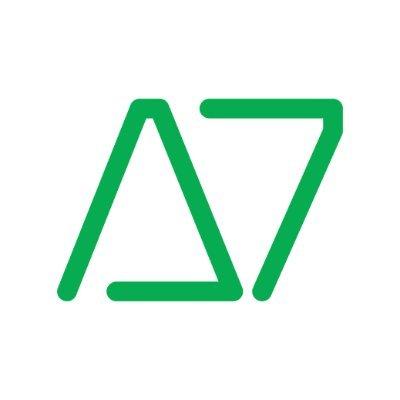Invest in a real estate fund
Invest in rental homes
Investments
$100
The Roots Investment Community Fund allows investors to start with a minimum investment of $100.
Moderate Risk
3/5
Investing in the Roots Investment Community Fund carries risks including market fluctuations, economic changes, property-specific issues, and potential for financial loss.
Moderate Risk
3/5
Investing on Ark7 carries risks such as market volatility, property value fluctuations, economic impacts, and potential liquidity challenges in the secondary market.
Minimum Liquidity
1/5
Investors in the Roots Investment Community Fund can cash out after the first year, with liquidity options available quarterly for added flexibility.
Moderate Liquidity
2/5
Ark7 allows investors to sell their shares on a secondary market after a minimum holding period of one year, providing liquidity.
Receive new reviews from Fintorial
High Return
16 %
Investors in the Roots Investment Community Fund can expect an annualized return of 16%.
Low Return
3.22-6.96 %
Ark7 offers annualized cash return rates between 3.22% to 6.96%, or $0.1 to $0.58 per share, based on past performance or estimates for newer properties.
Short-term Investment
1 year
The recommended investment period for the Roots Investment Community Fund is at least a year, but liquidity is offered quarterly for investors needing flexibility.
Long-term Investment
1+ year
Ark7 targets long-term investments in real estate for appreciation but allows selling shares after a minimum holding period for flexibility.
Who can invest
United States
The Roots Investment Community Fund is open to both non-accredited and accredited investors.
Who can invest
United States
Ark7 is open to U.S. citizens or residents over 18 with an SSN or ITIN and a U.S. bank account. Select offerings are for accredited investors only.
Moderate Volatility
3/5
Assets within the Roots Investment Community Fund may experience volatility due to economic conditions, interest rate changes, and local market dynamics. However, real estate typically shows less volatility than stocks, with rental income offering some stability.
Moderate Volatility
3/5
Assets on Ark7 exhibit volatility influenced by real estate market shifts, economic conditions, and demand fluctuations. While real estate is generally stable, values and rental incomes can vary. Additionally, liquidity and market demand on the secondary market may affect share prices and selling ease.
Regulation and audits
SEC Regulated
The Roots Investment Community Fund is regulated by the SEC, with an offering circular filed under Regulation A+.
Regulation and audits
SEC Regulated
Ark7 complies with SEC regulations, making necessary filings for transparency and undergoes regular independent audits for financial accuracy and operational compliance.
Insurance
Yes
The Roots Investment Community Fund likely holds insurance to protect its assets, including property, liability, and loss of income insurance, safeguarding against damage, claims, and lost rental income.
Insurance
Yes
Ark7 secures comprehensive insurance for all properties, covering natural disasters, property damage, and liability, to protect investors' returns and mitigate financial risks.
Payouts
Dividends
Investors receive quarterly distributions, which they can reinvest or cash out, offering flexibility in managing returns.
Payouts
Dividends
Ark7 offers returns through monthly cash distributions from rental income, after deducting operating expenses, and long-term property appreciation. Distributions are prorated based on shares owned and deposited monthly. Property appreciation potential comes from home value gains, with shares sellable on the secondary market after a holding period. Monthly distribution amounts may vary due to operational factors.
Withdrawals
Investors can cash out after the first year, with the Roots Investment Community Fund offering quarterly liquidity options.
Withdrawals
Investors can get their money back by selling their shares on Ark7's secondary market after a minimum one-year holding period or through property appreciation when they sell their shares.
Extra Fees
Yes
The platform charges a $5 transaction fee for the first investment and $3 for subsequent investments. A 6% fee applies if liquidating before one year; no fee after one year.
Extra Fees
Yes
Ark7 charges a one-time 3% sourcing fee of the property market cap for acquiring and listing properties, and a monthly asset management fee of 8-15% of rental income for property and tenant management.
Taxes
Annual Statement
As a REIT, the Roots Investment Community Fund passing profits to shareholders who can deduct up to 20% of dividend income as capital gains, with no cap or wage restrictions.
Taxes
Tax Form
Ark7 issues Schedule K-1 forms for properties taxed as partnerships and plans to issue 1099-DIV for properties treated as REITs, aiming to transition as they open to the public. Tax documents are sent before March 15th, considering depreciation and expenses to potentially reduce taxable income for investors.

